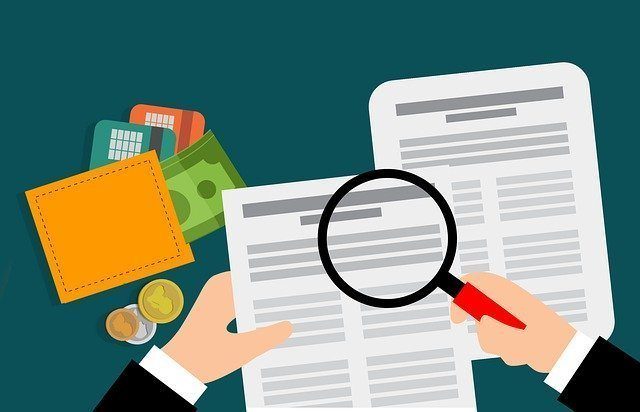When you take out your first mortgage, as with any financial product, you’ll have to go through a credit check. It’s normal to feel apprehensive about this process, as let’s face it, few of us have perfect credit.
That’s why it’s worth trying to improve your credit score, if possible, in the months before you apply for a mortgage, as a better score can mean lower rates and a wider choice of lenders.
With this in mind, here are four ways you can improve your credit score.
1. Get a copy of your credit report
There are lots of free and paid for credit report services in the UK, enabling you to access your information. We recommend you go directly to the three main credit reference agencies; Experian, Equifax and Callcredit. When running your credit check, your lender or broker will usually use one or a combination of these services.
Once you have your credit report, check it carefully for errors. It’s important to do this well in advance of applying for your mortgage, as it can take a while for changes to take effect. Some things that could be dragging down your credit rating include:
- Not being on the electoral register
- Late or missing bill payments
- Taking out a lot of credit in comparison to income
- Being financially linked to someone with bad credit, i.e. an ex partner
Whilst you can’t erase a bad credit history, you can draw a line under it and become better with money, as well as correcting any mistakes that are bringing down your score.
2. Borrow responsibly
There’s one thing that can be just as worrying to lenders as a bad credit history, and that’s having no credit history at all. If you live with your parents and have never had a loan, credit card or car payments, then it’s possible you may have barely any credit history. This may seem like a good thing to you, but the reasons why lenders might find this troublesome is that they don’t know if you’re any good at handling money! If you’ve never had to balance a budget and pay off a utility bill every month, then how do they know if you can cope with making mortgage payments?
The simplest solution to this is to borrow small amounts and pay them off monthly, before the interest charges kick in. Get a credit card and use it for your day-to-day expenses, paying it in full each month. This will help you build a credit score. Just be careful not to be tempted to overspend.
3. Don’t max out cards – and do pay more than the monthly minmum
When you apply to borrow money, whether it’s a credit card or car finance, you get a credit limit, which is the maximum amount a lender will be willing to lend you. It’s important to realise that this is a limit, not a goal, so never go over it. Try to pay down any credit cards and loans as much as possible before you apply for a mortgage, as having cards close to their limit instantly lowers your score.
You should also make sure you pay more than the minimum each month on credit cards. If you pay the minimum, you’re just paying off the interest, so your debt never really goes down. There are online calculators that you can use to work out how long it will take to pay off your cards, so take a look at what a difference an extra payment of £10 or £20 per month can make to your overall balance.
4. Pay on time
If you’re the type who pays their bills whenever they remember, and regularly misses payments by a few days, then get out of bad financial habits now. Draw up a spreadsheet of your outgoings and which day they are due, and make sure that you pay bills a few days before this to allow the payments time to go through. If making manual payments is a pain, then consider setting up direct debits that debit your account soon after payday, so there’s no excuse to miss any.
Getting a better credit score can help you as a first time buyer, enter the mortgage market. It shows that you’re responsible with money and gives you a better opportunity to see the best mortgage deals. Many first time buyers only have a small deposit, so may be looking to borrow 90-95% of a property’s value, and to get these kinds of mortgages, you’ll need a great credit rating and no adverse credit on your file.

